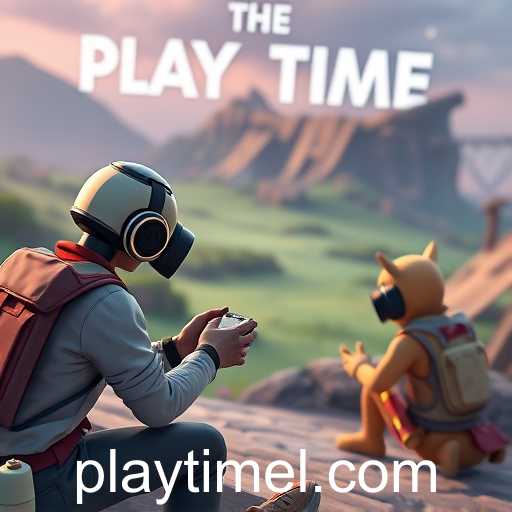Exploring the current trends and dynamics of the gaming industry in 2025, with a focus on the impact of play time on gamers and developers alike.
In recent years, the gaming industry has seen a remarkable transformation, with 'play time' becoming a central focus for both developers and gamers. As we move further into 2025, various elements such as technological advancements, changing social dynamics, and evolving gamer expectations have significantly influenced how play time is perceived and utilized in the world of online gaming.
One of the most notable trends in 2025 is the increasing emphasis on optimizing play time. Developers are deploying advanced AI and machine learning algorithms to track and analyze player behavior, thereby crafting more engaging and tailored gaming experiences. This, in turn, ensures that players remain invested over extended periods, effectively increasing their overall play time. A prime example is the popular game "Echo Earth," which dynamically adjusts difficulty levels based on player skill, ensuring that the game remains challenging yet enjoyable.
Furthermore, the rise of cloud gaming platforms has transformed access to games, allowing players to enjoy high-quality titles without the need for powerful hardware. This shift has led to an increase in the number of active gamers and, inherently, an expansion of total play time globally. Major players like Google's Stadia and Microsoft's Game Pass have reported substantial increases in user engagement, illustrating the potential of these platforms to redefine traditional gaming boundaries.
Community play and social gaming are other key dynamics in 2025's gaming landscape. Titles with robust multiplayer options, such as "Galaxy Guilds" and "Battle Realms," are thriving because they offer players the opportunity to connect with others, fostering a sense of community and sustained engagement. These games demonstrate that social interaction can significantly enhance play time by creating a shared experience that is both memorable and rewarding.
As we consider the broader impact of these trends, it is essential to address the ongoing discourse around play time and mental health. While gaming offers numerous cognitive and social benefits, excessive play time can potentially lead to negative outcomes such as addiction or burnout. Industry leaders and health professionals are increasingly collaborating to establish guidelines and support systems that promote healthy gaming habits, emphasizing the importance of balance and moderation.
In conclusion, the concept of play time is playing a pivotal role in shaping the present and future of online gaming. As developers continue to innovate and adapt to the evolving preferences of gamers, it is clear that the emphasis on optimized and meaningful play time will remain a driving factor in the continued growth and success of the gaming industry.




